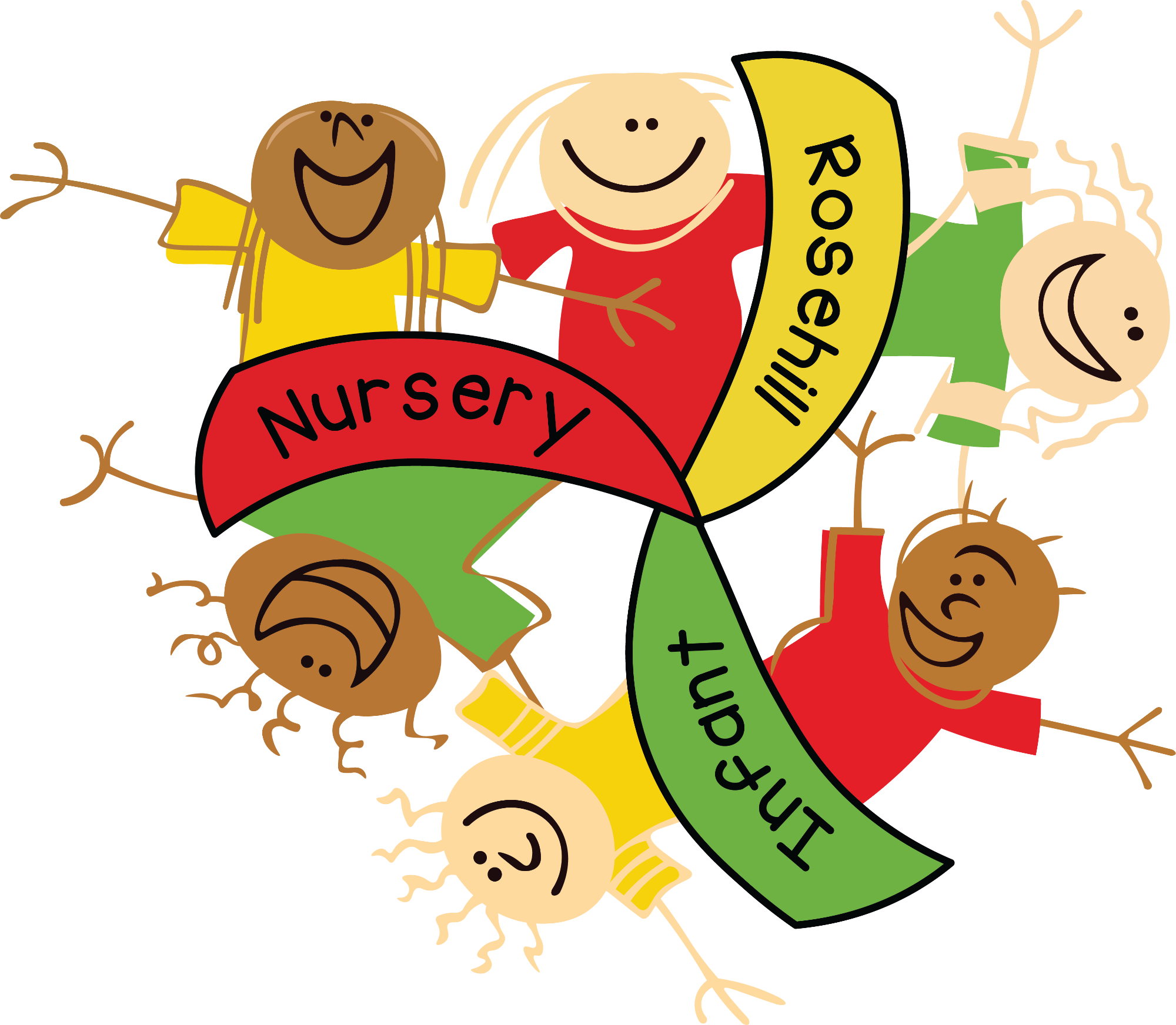Internet Safety
E-safety meeting for Safer Internet Day 2023
Please follow the link to the presentation
Privacy settings advice for popular apps, games and devices
- Disney .pdf
- iOSPrivacy.pdf
- Minecraft.pdf
- NOW_TV.pdf
- Playstation5.pdf
- Roblox.pdf
- TikTok.pdf
- WhatsApp.pdf
- YouTube.pdf
- YouTubeKids.pdf
Family agreement planning sheet
E-Safety @ School
At Rosehill, we use resources from Project Evolve alongside our computing curriculum to support learning and awareness of e-safety.
Parent meetings are held on a regular basis to share updates and e-safety advice.
Infant Resources:
Smartie the Penguin
This is a great introduction for younger children as they help Smartie the Penguin learn how to stay safe when using his computer and playing on the internet.
Smartie the Penguin: www.childnet.com/smartie-the-penguin
Digiduck
A story of friendship and responsibility inline. Great for sharing with younger children.
Digiduck: https://www.childnet.com/resources/digiduck-stories/
Hector's World
These adventures are created for infant children. They are guided through many E Safety areas as they watch Hector and his friends learn how to use their computers safely!
Hector’s World website www.thinkuknow.co.uk/hectorsworld
Be SMART, Stay SAFE! Advice for using devices at home (Smart Phones, iPad, tablets, Smart TV)
E-Safety @ home
Internet Service Providers
Many internet service providers (ISPs) provide parental control software - most of which includes content filters which can block offensive content such as pornography.The four big ISPs - BT, Sky, Virgin Media and TalkTalk - provide it free of charge (as part of their package), and give new customers a prompt so that they have to make a decision as to whether they want to use it or not.
UK mobile operators also provide free parental control software. Some of this is set up by default, but if you are not sure then contact your mobile operator and ask them.
There are parental controls available on a wide range of devices. Whether your child is using a games console, a tablet or a smartphone, it is likely that there are controls available for parents to use.
Content Filters
Content filters are a key tool typically included in parental control software. They can help to reduce the chances of children coming across inappropriate content, such as pornographic and violent material.
Some filters allow parents to set different profiles for different children - so mums and dads can offer a more protective experience for younger children.
It's worth knowing that content filters can sometimes 'over-block', which means they can prevent access to content that is suitable for your child to see. Likewise, they can 'under-block' - allowing some inappropriate content to slip through the filter.
If you want to give your child access to a site that has been blocked, most filters will let you unblock a particular site. And filters can also allow you to add sites that were not previously on the blocked list.
Timed Access Filters
Parental tools offer more than just filtering. If you've installed parental control software, you may find a range of tools on offer.
Some tools allow parents to set time limits to online activities. This allows the parent to restrict access to the internet, or to certain types of websites at certain times - for example to block social networking during homework time.
Other tools let you monitor your child's online activity - so, for example, you can see which websites they have been viewing and how long they were online for. Some more advanced parental control software even provides parents with reports on their child's social networking activity.
Parental Responsibility
It is important to note that parental tools are there to help - they don't provide a fail-safe solution to keeping children safe online.
For instance, content filters are better at blocking offensive material than some other potentially offensive content. You should also bear in mind that some of the risks facing children online are as a result of their own or other people's behaviour, such as cyber bullying or over-sharing information.
The best outcomes for children come from parental engagement and support.
You need to talk to your children and make sure they know how to stay safe online. If your children are older, it's important that you talk to your children about acting responsibly online and being respectful to others.
The tools described above can be a very useful but they are not a substitute for knowing what your children are doing online and being there for them when they need you.
Useful websites for advice and guidance on e-safety for parents.
www.ceop.police.uk
www.childnet.com
www.parentlineplus.org.uk
